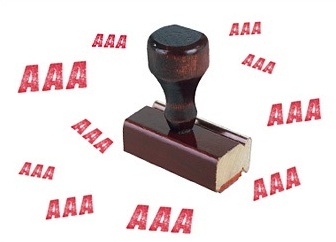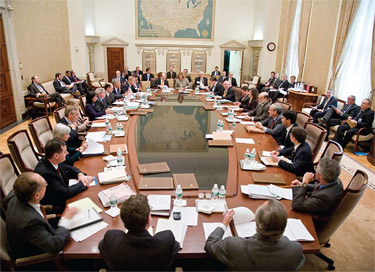What Obama didn’t say in his State of the Union speech
NEW YORK | In his fourth speech in front of the nation, president Barack Obama addressed the financial crisis and pledged to fight for economic fairness. In the middle of the race to the November election, the president couldn’t find a better moment to speak about inequality. Earlier on Tuesday, Republican presidential nominee Mitt Romney –Obama’s most likely opponent, according to some experts– disclosed that he paid an effective income…






